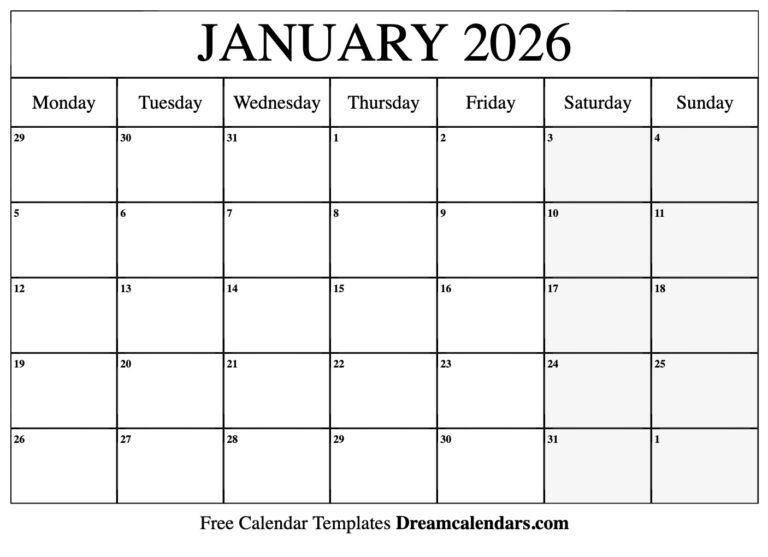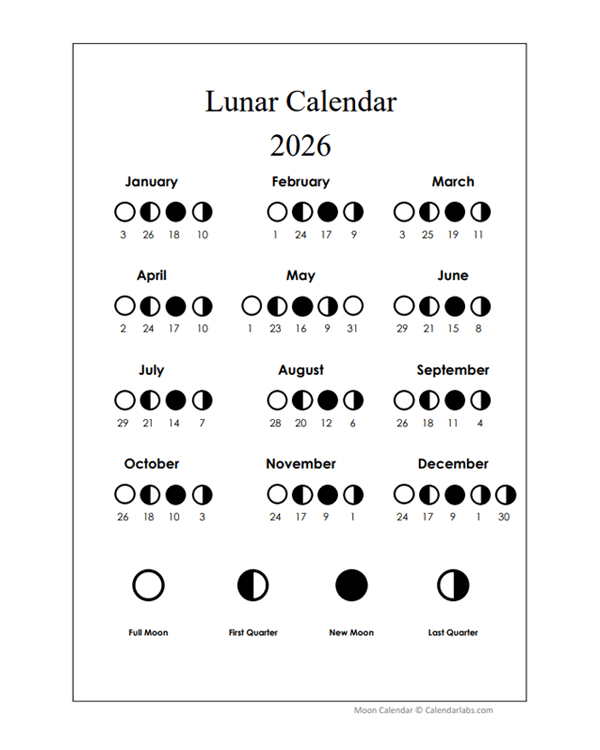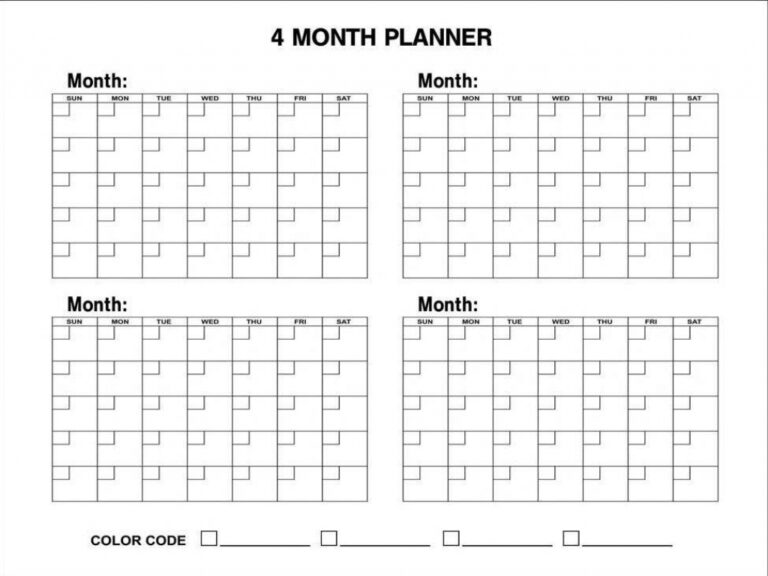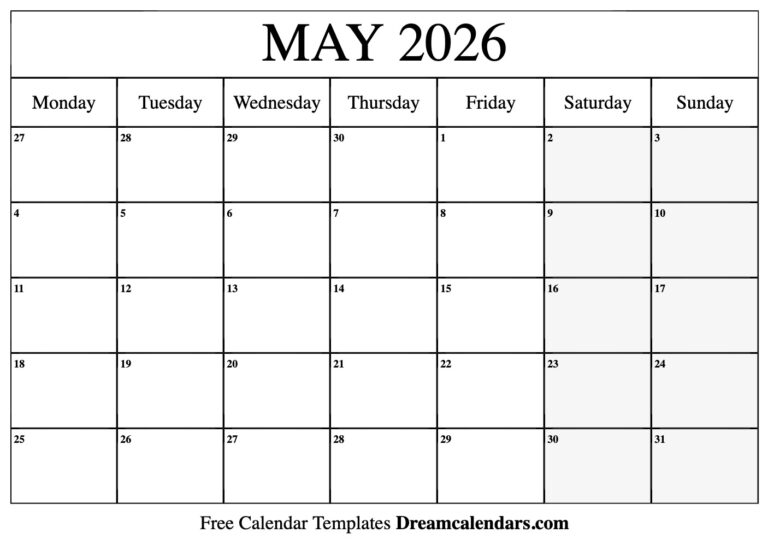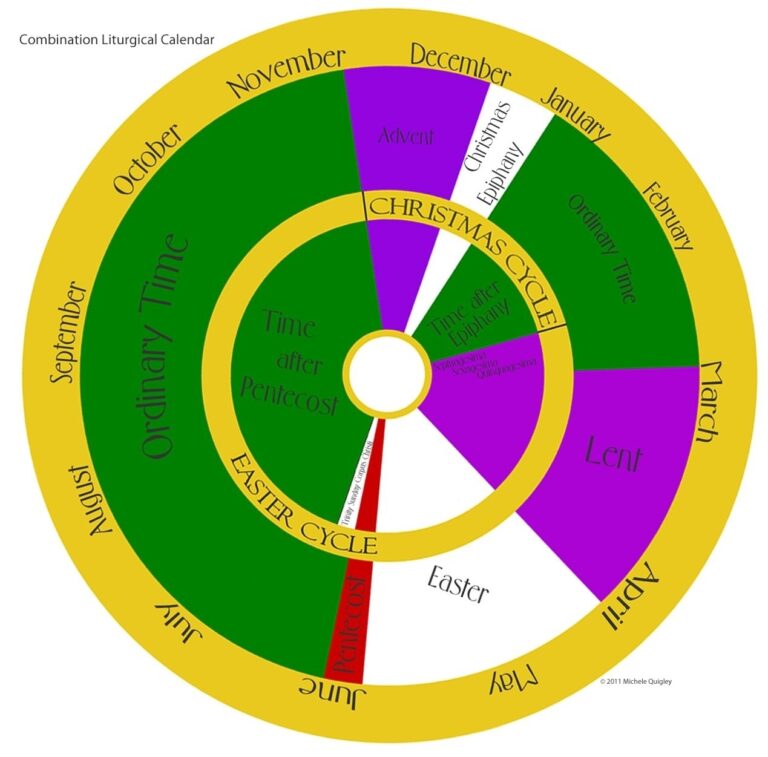Academic Calendar 2025 To 2026: A Comprehensive Guide for Students and Faculty
The academic calendar is a crucial roadmap for students and faculty, outlining the key dates and events that shape the academic year. For the 2025-2026 academic year, several important changes and adjustments have been made to ensure a smooth and productive learning experience.
This comprehensive guide will provide a detailed overview of the 2025-2026 academic calendar, including key dates, academic terms, registration and enrollment procedures, holidays and breaks, special events, and more. By understanding the academic calendar, students and faculty can plan their schedules effectively, stay organized, and make the most of their academic journey.
Academic Calendar Overview
The academic calendar provides a structured overview of important dates, events, and deadlines throughout the academic year. It serves as a roadmap for students, faculty, and staff, ensuring that everyone is aware of key milestones and can plan accordingly.
The 2025-2026 academic year is a significant one for our institution. It marks the beginning of a new era of academic excellence, with the introduction of innovative programs, state-of-the-art facilities, and a renewed focus on student success.
Purpose of the Academic Calendar
- Provides a comprehensive overview of important dates and events.
- Helps students plan their academic schedules and stay on track.
- Assists faculty in planning their courses and assessments.
- Informs staff of key deadlines and events.
Significance of the 2025-2026 Academic Year
- Introduction of new academic programs, including a cutting-edge STEM initiative.
- Opening of a new student center, providing a vibrant and inclusive space for students.
- Launch of a mentorship program, connecting students with industry professionals.
- Implementation of a new grading system, designed to provide more timely and meaningful feedback.
Key Dates and Events
The 2025-2026 academic year is packed with important dates and events that you won’t want to miss. From the start of term to the end-of-year exams, there’s always something going on.
Make sure you mark these dates in your calendar so you don’t miss out on any of the action.
Important Deadlines
- Ucas application deadline: 15th January 2025
- Student finance application deadline: 30th June 2025
- Accommodation application deadline: 1st July 2025
Key Holidays and Breaks
- Christmas break: 20th December 2025 – 3rd January 2026
- Easter break: 3rd April 2026 – 17th April 2026
- Summer break: 22nd July 2026 – 5th September 2026
End-of-Year Exams
The end-of-year exams are a big deal, so it’s important to start revising early.
The exams will take place in May and June 2026. The exact dates will be released in the spring.
Academic Terms and Schedules

The academic year at our institution is divided into three terms, each with its unique set of start and end dates, as well as specific course schedules and class timings.
The academic terms are designed to provide a structured and balanced learning experience for our students, ensuring they have ample time to engage with their coursework, complete assignments, and prepare for exams.
Term 1
- Start date: [Start date of Term 1]
- End date: [End date of Term 1]
During Term 1, students typically take a combination of core and elective courses, establishing a strong foundation for their academic journey.
Term 2
- Start date: [Start date of Term 2]
- End date: [End date of Term 2]
Term 2 builds upon the knowledge and skills acquired in Term 1, offering students the opportunity to delve deeper into their chosen fields of study.
Term 3
- Start date: [Start date of Term 3]
- End date: [End date of Term 3]
Term 3 is dedicated to finalising coursework, completing major projects, and preparing for end-of-year assessments. It also provides students with the chance to reflect on their academic progress and set goals for the future.
Course Schedules and Class Timings
Course schedules and class timings vary depending on the term and the specific courses students enrol in. However, we ensure that classes are scheduled to optimise student learning and engagement.
Class timings are typically arranged to accommodate the diverse needs of our students, including those who may have other commitments or prefer to study at different times of the day.
Students are encouraged to consult the academic calendar and their course Artikels for detailed information on course schedules and class timings.
Registration and Enrollment

Getting started at our institution is a breeze! Let’s dive into the ins and outs of registering for courses and enrolling in programs, so you can hit the ground running.
Our registration process is designed to be as smooth as butter. You’ll need to create an account in our snazzy online portal, where you can browse our course offerings, pick your poison, and hit that “Register” button. Easy peasy, lemon squeezy!
Enrollment Deadlines
Don’t be a slacker! Make sure you meet our enrollment deadlines. They’re like the finish line of a race, and you don’t want to be the one tripping over the tape. Check our website for the exact dates and times, and don’t miss out on your chance to secure your spot in our awesome programs.
Holidays and Breaks
The 2025-2026 academic calendar has been carefully planned to align with national and religious holidays, ensuring students have ample time to observe important cultural and religious events.
The following is a list of all official holidays and breaks during the 2025-2026 academic year:
National Holidays
- New Year’s Day – 1 January 2026
- Good Friday – 7 April 2026
- Easter Monday – 10 April 2026
- Early May bank holiday – 2 May 2026
- Spring bank holiday – 29 May 2026
- Summer bank holiday – 27 August 2026
- Christmas Day – 25 December 2025
- Boxing Day – 26 December 2025
Religious Holidays
- Eid al-Fitr – 21 April 2026
- Eid al-Adha – 9 July 2026
- Diwali – 4 November 2025
- Hanukkah – 18 December 2025
Academic Breaks
- Autumn half-term – 24 October – 30 October 2025
- Christmas break – 20 December 2025 – 3 January 2026
- February half-term – 13 February – 19 February 2026
- Easter break – 3 April – 17 April 2026
- May half-term – 29 May – 2 June 2026
- Summer break – 24 July 2026 – 4 September 2026
Special Events and Activities
The 2025-2026 academic year will feature a range of special events and activities designed to enrich the student experience. These include conferences, workshops, and other academic or extracurricular programs that provide opportunities for students to engage with experts in their fields, develop new skills, and connect with peers.
Students are encouraged to take advantage of these opportunities to enhance their academic and personal growth. The university’s events calendar will be updated regularly with the latest information on upcoming events.
Conferences
The university will host several conferences throughout the year on a variety of topics relevant to the student body. These conferences will bring together experts from academia, industry, and government to share their research and insights. Students will have the opportunity to attend keynote speeches, participate in panel discussions, and network with professionals in their fields.
Workshops
The university will offer a variety of workshops throughout the year on topics such as academic writing, research methods, and career development. These workshops are designed to help students develop the skills they need to succeed in their studies and future careers.
Other Academic and Extracurricular Programs
The university will also host a number of other academic and extracurricular programs throughout the year. These programs may include guest lectures, study abroad opportunities, and community service projects. Students are encouraged to participate in these programs to broaden their horizons and make the most of their university experience.
Comparison to Previous Years
The 2025-2026 academic calendar shares many similarities with previous years, providing a consistent and predictable framework for students and staff. However, there are a few key changes and adjustments that are worth noting.
Key Changes
One of the most significant changes is the addition of a new university-wide holiday on [date]. This holiday will commemorate [event or person], and will provide an opportunity for the entire university community to come together and celebrate.
Another change is the adjustment of the academic terms. The fall term will now begin on [date] and end on [date], while the spring term will begin on [date] and end on [date]. This change has been made to align the academic calendar with the schedules of other universities in the region, and to provide students with a more consistent and predictable academic experience.
Finally, there have been a few minor adjustments to the schedule of registration and enrollment. The registration period for the fall term will now begin on [date] and end on [date], while the registration period for the spring term will begin on [date] and end on [date]. These changes have been made to streamline the registration process and to make it easier for students to plan their schedules.
Customization and Flexibility
The academic calendar offers a range of flexible options to accommodate individual preferences and needs. Students can tailor their schedules to suit their commitments and aspirations, while faculty can adjust their teaching plans to optimize learning outcomes.
Scheduling Flexibility
Students can choose from a variety of course offerings and timings to create a schedule that works for them. They can opt for morning, afternoon, or evening classes, and select courses that fit their learning style and pace. Faculty can also adjust their teaching schedules to accommodate student availability and preferences, ensuring that classes are accessible to all.
Accessibility and Dissemination
The academic calendar is widely disseminated to ensure it reaches all stakeholders, including students, faculty, and the public.
Online platforms are primarily used for distribution, with the calendar being published on the university website, student portals, and social media pages. This allows for easy access and real-time updates. Printed materials, such as posters and flyers, are also displayed in prominent locations around campus. Additionally, the calendar is emailed to students and faculty, and hard copies are available at various administrative offices.
Questions and Answers
What are the key dates for the 2025-2026 academic year?
Key dates include the start and end dates for each academic term, important deadlines, holidays, and breaks. A comprehensive list of key dates is provided in Section 2 of this guide.
How can I register for courses?
The registration process for courses is explained in Section 4 of this guide. It includes information on enrollment deadlines, procedures, and any necessary documentation.
Are there any special events or activities scheduled during the 2025-2026 academic year?
Yes, there are several special events and activities scheduled throughout the year. Section 6 of this guide provides details on conferences, workshops, and other academic or extracurricular programs.
